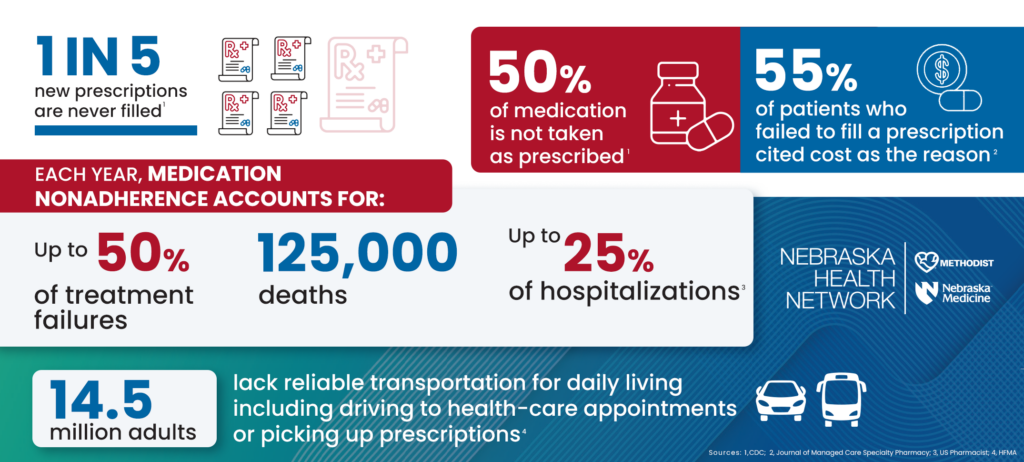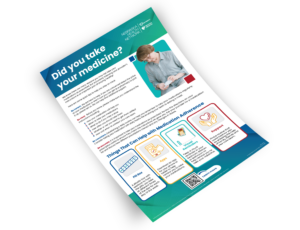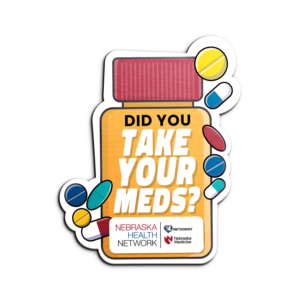Medication Adherence is an overly simplified term often used to describe a complex interaction between a patient and the health care system. Defined as the extent to which a patient agrees with and follows a healthcare provider’s recommendations (in this case obtaining and taking medications as prescribed) and measured by how often a patient has medication on hand, generally 80% of the time to be considered adherent. Medication Adherence rates are an indirect measure of the extent to which patients feel connected to their healthcare team and are prioritizing their personal health outcomes.
The CDC reports that approximately 50% of patients with chronic conditions do not take their medications as directed. The reasons for non-adherence are numerous and include social determinant of health factors, low health-literacy and access barriers to name a few.
Additionally, picking up a prescription is the first step, but true compliance includes filling, taking medications on time and following provider directions, along with continuing to refill that medication as instructed.
Some of the most common reasons patients don’t adhere to prescribed regimens include:
- Cost: 55% of patients who failed to fill a prescription cited cost as the reason.
- Access: 5 million adults lack reliable transportation for daily living including health-care appointments and picking up prescriptions.
- Emotional Wellbeing: Failure to understand the directions or feeling overwhelmed or confused.
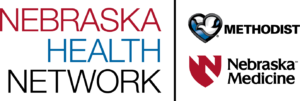
This comparison is based on an analysis of MSSP beneficiaries who are either adherent or non-adherent to medications that help treat diabetes, hypertension, cardiovascular disease and hyperlipidemia from May 1, 2023, to April 30, 2024.
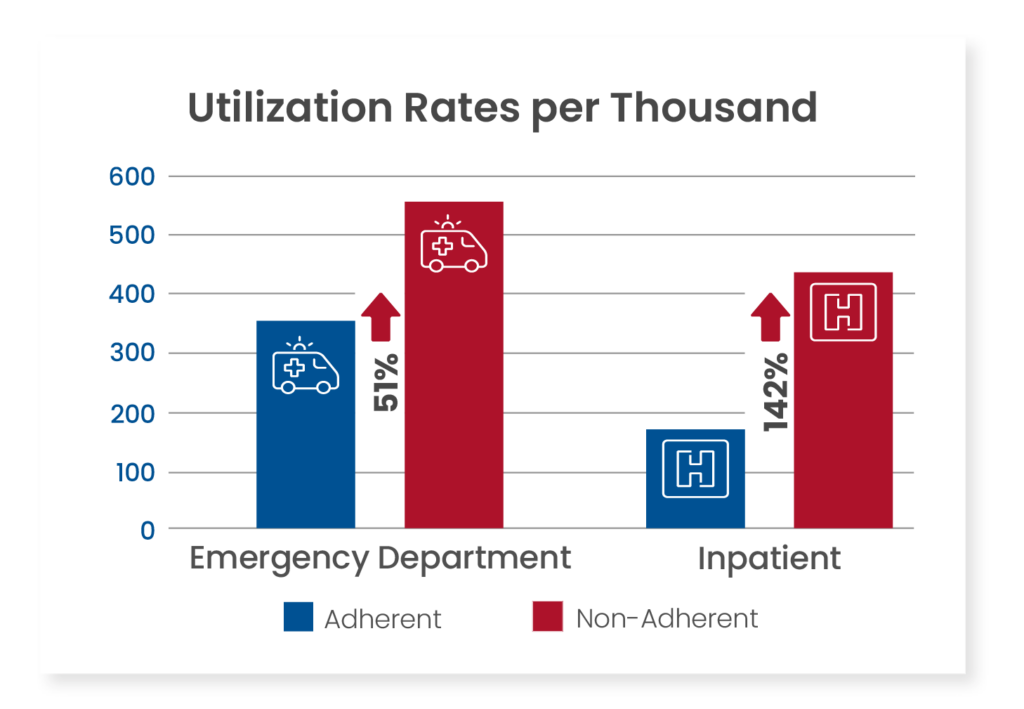
How Medication Adherence Impacts NHN Patients
Medication non-adherence often results in higher utilization rates of Emergency and Inpatient Hospital departments and poorer health quality outcomes. Within the NHN, Medicare beneficiaries who are adherent to medications that help treat diabetes, hypertension, cardiovascular disease and hyperlipidemia, use emergency and inpatient services at a lower rate than beneficiaries who were non-adherent to prescription medications.
Ways You Can Help
- Openly discuss your patient’s concerns around cost, transportation and directions.
- Directly ask patients about their ability to get and take medications.
- Simplify the instructions and ensure patients understand the medication regimen.
- Ask patients about where they get their medications filled and the cost. If a patient is unfamiliar with the cost, it may be a sign that they are not actively refilling the prescription.
- Connect patients with a health coach or pharmacist who can help further uncover and address adherence barriers.
- Request a pill box or blister-card packaging from the dispensing pharmacy. Pill boxes are a low-cost, visual reminder. More tech-savvy patients may benefit from an app or digital pill box with built-in notifications or dispensing.
Medication Reminder Resources Available
NHN has several resources available to encourage medication adherence including a patient poster and visual reminders. Vinyl decals and magnets are available at no cost to patients and providers.

